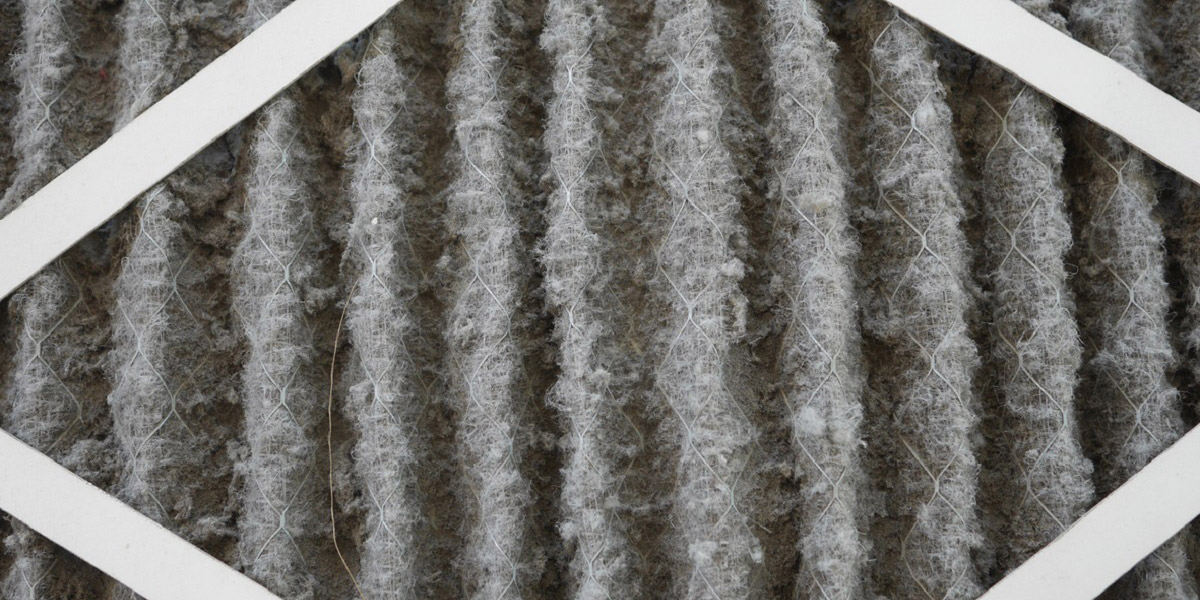 Please remember to use a sharpened, #2 pencil. Only one answer is correct.
Please remember to use a sharpened, #2 pencil. Only one answer is correct.
Merv Griffin – Born in San Mateo, California, Merv Griffin was a singer, talk show host, creator and executive producer of Wheel of Fortune and Jeopardy and all around media mogul with a net worth of 1 billion dollars.
Merv Bronte – Fictitious character played by Ray Romano on the hit TV show, The Office. Merv Bronte applied for the regional manager position at Dunder Mifflin-Sabre but was tricked into doing poorly on his own job interview.
Merv Ratings – Generally referred to as “MERV”, the Minimum Efficiency Reporting Value is a rating system that informs consumers how efficient an air filter is at blocking debris and tiny particles from entering your HVAC system. Created by the American Society of Heating, Refrigerating and Air-Conditioning Engineers (ASHRAE) to rate the effectiveness of air filters, MERV ratings set the industry standard for home and commercial air filters.
What Are Particulates and Microns?
As relates to home air conditioning and indoor air quality, particulate matter is a fancy way of saying dust, which can be measured in microns. An abbreviated term for “micrometer”, a micron is a unit of measurement. The length of one micron is equal to one millionth of a meter. Generally used in medical, technological and scientific applications, microns allow scientist to measure the tiniest particles floating in the air. The width of a human hair is 50-75 microns. The human eye cannot see anything smaller than 40 microns. A single red blood cell is 5 microns. Dust mite debris, pet dander, mold spores and hair spray residue can be between 3 – 10 microns, and so on.
What’s an Acceptable MERV Rating for Air Filters in a Home Air Conditioning System?
MERV ratings range from 1 to 20. A higher MERV rating indicates increased filtering ability, with denser material able to screen out smaller particles from passing through air filters. The idea with MERV ratings is to purchase filters with a high enough MERV rating to acceptably filter the air in your home. However, not so high as to create problems for your air conditioning system’s motors. In other words, air filters with extremely high MERV ratings are so dense they can cause your air conditioner to work harder and wear down faster. Hard drive manufacturing “clean” rooms or medical surgery units may require a MERV rating of 20 and accordingly, they will have special heavy-duty AC units installed for that purpose. Most residential air conditioning filters contain a MERV rating between 8-14. Here’s a breakdown of typical MERV ratings:
MERV Rating of 1 – 4
To put it in perspective, lower quality air filters with a 1 to 4 MERV ratings are generally less expensive and, correspondingly, not as effective. These air filters will capture particles in the range of 10 microns or larger.
MERV Rating of 4 – 8
Medium quality air filters with a MERV ratings between 4 to 8 can be made of coarse material such as folded cloth (more folds are better at gathering and holding tiny particles) and will screen out particulate matter 3 microns or larger.
MERV Rating of 9 – 12
Higher quality air filters with a 9 to 12 MERV ratings are most common in residential applications and will filter out particles 1 to 3 microns or larger. Air filters in this range do a good job of keeping your indoor air quality clean without pushing your AC unit beyond its capabilities.
MERV Rating of 13 – 16
These high quality MERV rated air filters can remove particles .03 microns or larger and might be found, for instance, in laboratories or hospital surgical units. Some homeowners with respiratory issues may want to consider using these denser, higher rated air filters.
MERV Rating of 17 – 20
The highest rated MERV air filters are used in electronics, scientific and pharmaceutical manufacturing cleanrooms and generally require special AC units to handle the load. Air filters with this rating may also be referenced as HEPA or High Efficiency Particulate Air filters.
Which Air Filters Are Right for You and Your Family
Haboobs, swirling desert dust storms, fine particles of dirt and air pollution make indoor air quality a challenge for Phoenix area homeowners. MERV ratings, microns and particulate matters can and should be discussed with our friendly and knowledgeable service techs. If you notice yourself wheezing and sneezing more, if you have a child who suffers from asthma or a relative under respiratory distress, please give us a call. We’ll be happy to check your air filters and your entire AC system to ensure the cleanest air possible in your home.











